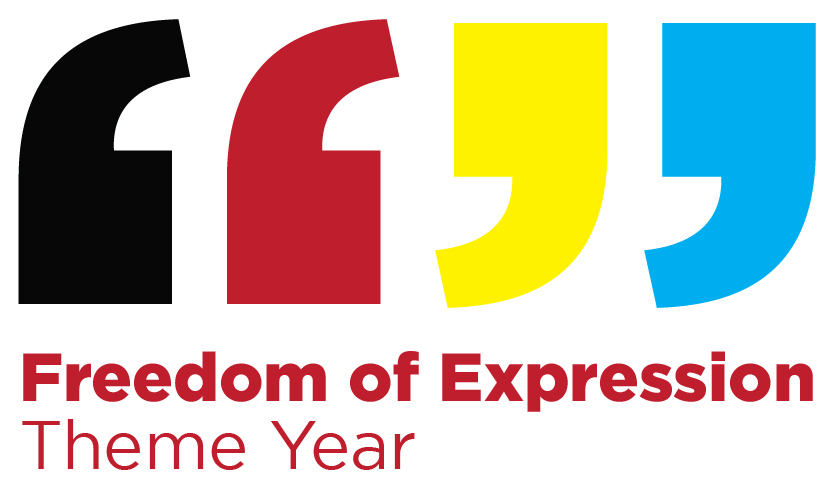Mistrust of medical science nothing new, law expert says
By Maureen Salamon
Rampant mistrust of medical science during the COVID-19 pandemic represents the rule, not the exception, of public perception of mainstream medicine over the last two centuries, said Lewis A. Grossman, a distinguished professor of law at American University’s Washington College of Law, in a lecture at Weill Cornell Medicine on March 13.
“In October 2023, the Pew Research Center found that only 25% of U.S. adults say they have great confidence in scientists to act in the best interest of the country,” Grossman said. “But I would say what’s happening isn’t new at all. The country has actually reverted to its norm.”
Grossman’s talk, “The American People and the Medical Establishment: A History of Mistrust,” was part of the David Rogers Health Policy Colloquium, a weekly Weill Cornell Medicine seminar series, and a featured event of Cornell’s “Freedom of Expression” theme year. He drew his remarks from his book, “Choose Your Medicine: Freedom of Therapeutic Choice in America,” published in October 2021.
Grossman, who has also been a visiting professor of law at Cornell Law School and a law and public affairs fellow at Princeton University, chronicled centuries of extreme skepticism of mainstream medicine dating to the 1800s and early 1900s, when “many Americans considered medicine to be a flawed or incomplete science and thus considered medical truths to be a matter of opinion.”
“They had a point: Until the 20th century, doctors didn’t have a greater claim to medical efficacy than those considered to be quacks,” he said.
Grossman noted that freedom of medical choice closely intermingled with themes of freedom of speech and religion, fueling opposition against medical licensing and public health regulations. The tide didn’t begin to turn until World War II, when it was widely agreed the United States’ military success was inextricably linked to therapeutic successes such as the use of penicillin.
Following the 1955 introduction of the polio vaccine, Jonas Salk was regularly ranked as one of the most admired men in the United States, comparable to the popularity of baseball’s Mickey Mantle and actor James Dean.
“Compare that to the reaction to Dr. (Anthony) Fauci in the past few years,” Grossman said. “As late as 1966, 73% of Americans reported they had great confidence in leaders of medicine to do what was right most of the time.”
But public opinion of the medical establishment – and the U.S. government –plummeted once more in the 1970s with the Vietnam War and the Watergate scandal. Another “emblematic” event of that decade was the failed swine flu vaccine rollout in 1976, which Grossman posited may have contributed to President Gerald Ford’s defeat by Jimmy Carter.
By the time the pandemic emerged and anti-vaccine proponents swayed large proportions of Americans to eschew COVID-19 shots, their “freedom of choice” rhetoric wasn’t new at all – it merely harkened to long-ago eras, Grossman said. Media coverage that takes a “both-sides-ism” approach – giving credibility to vaccine resisters, for instance – has contributed to the skepticism.
“I think health care’s declined reputation is part of a larger societal trend,” said Grossman, who has served as a member or legal consultant on five committees of the Health and Medicine Division (formerly the Institute of Medicine) of the National Academies of Sciences, Engineering, and Medicine. “We can try to do what we think will work, but we’re fighting against much bigger forces than the specific issue of health misinformation.”
Maureen Salamon is a freelance writer for Weill Cornell Medicine.
Media Contact
Get Cornell news delivered right to your inbox.
Subscribe

